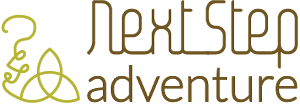
The Next Step Blog
Follow along with the adventures of Next Step!
Jump directly to the topics that match your interests. Next Step covers a lot of areas that make a positive difference in this world!
If you’re ready to take your Next Step with us, give us a shout!









